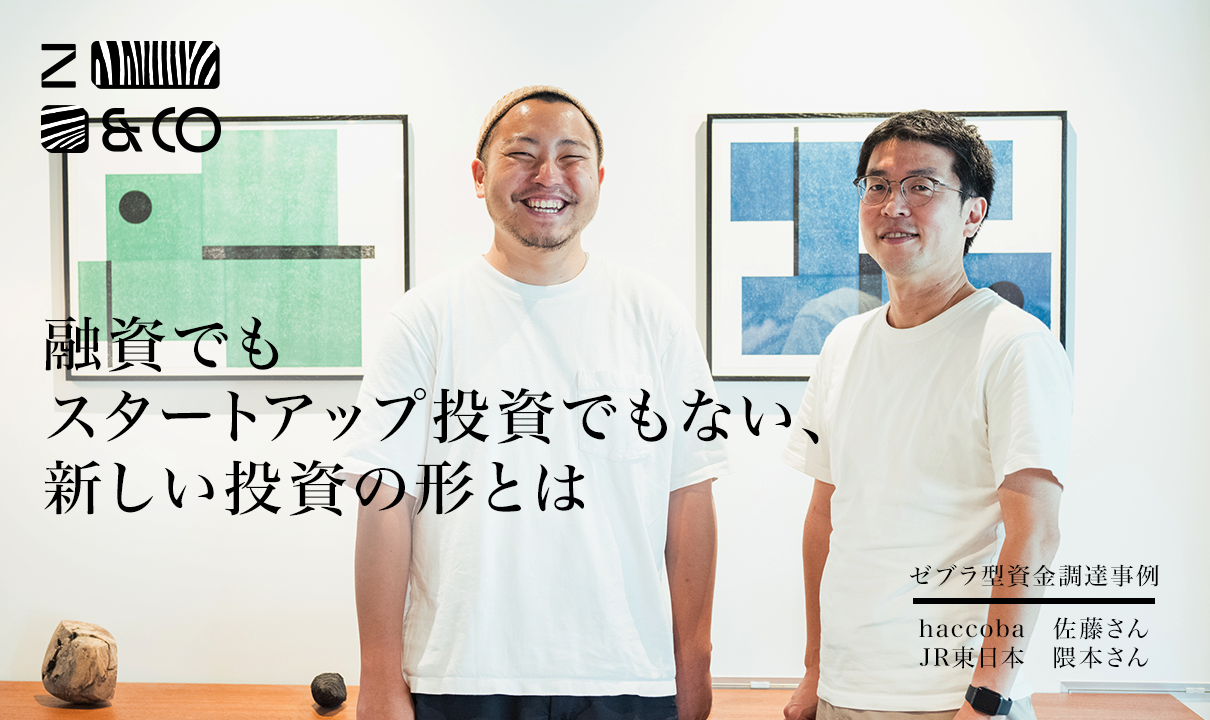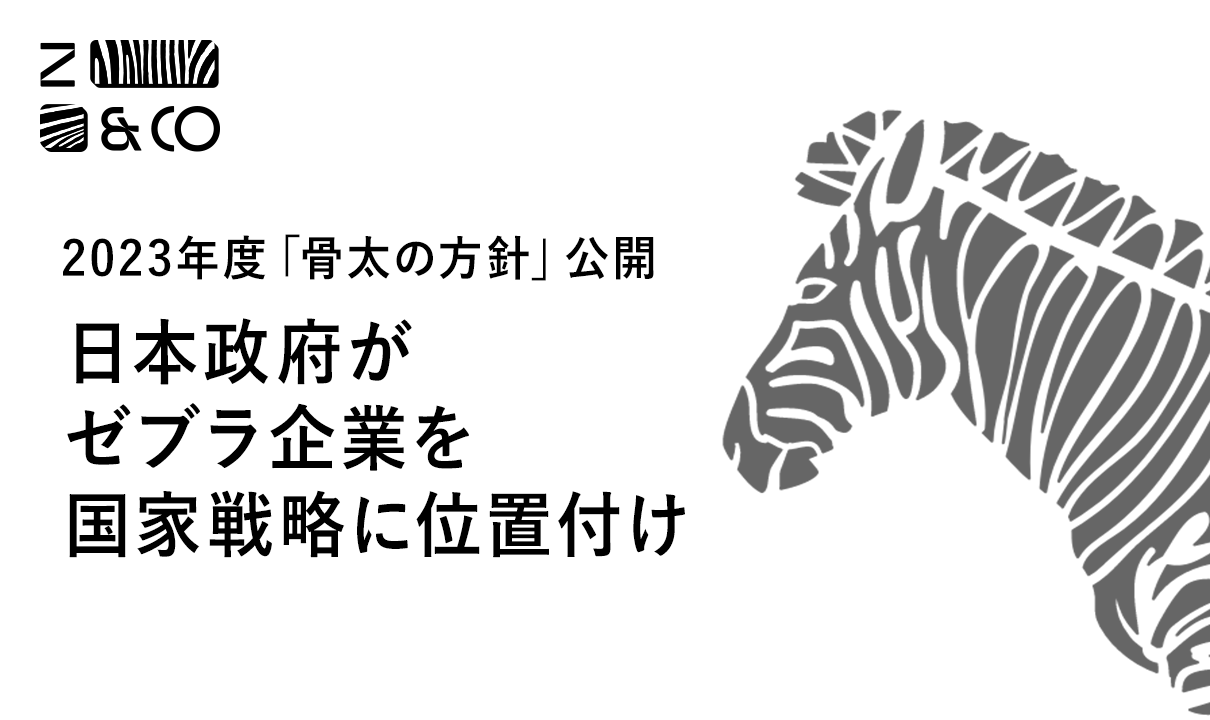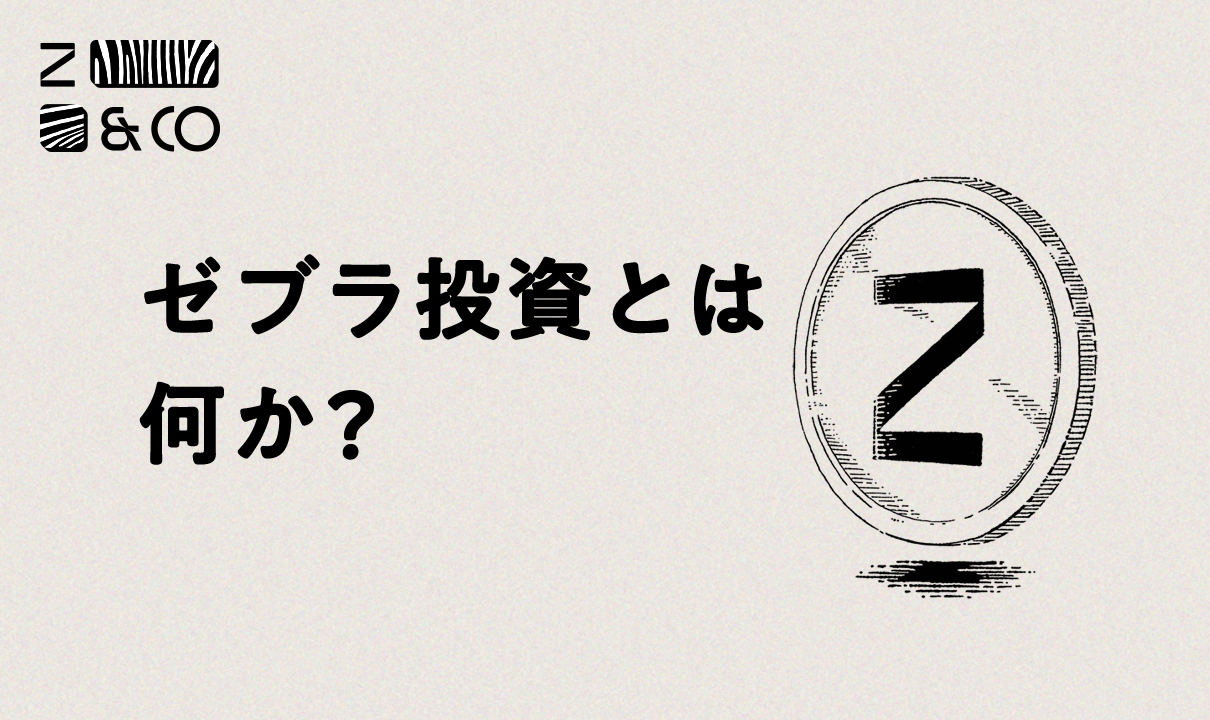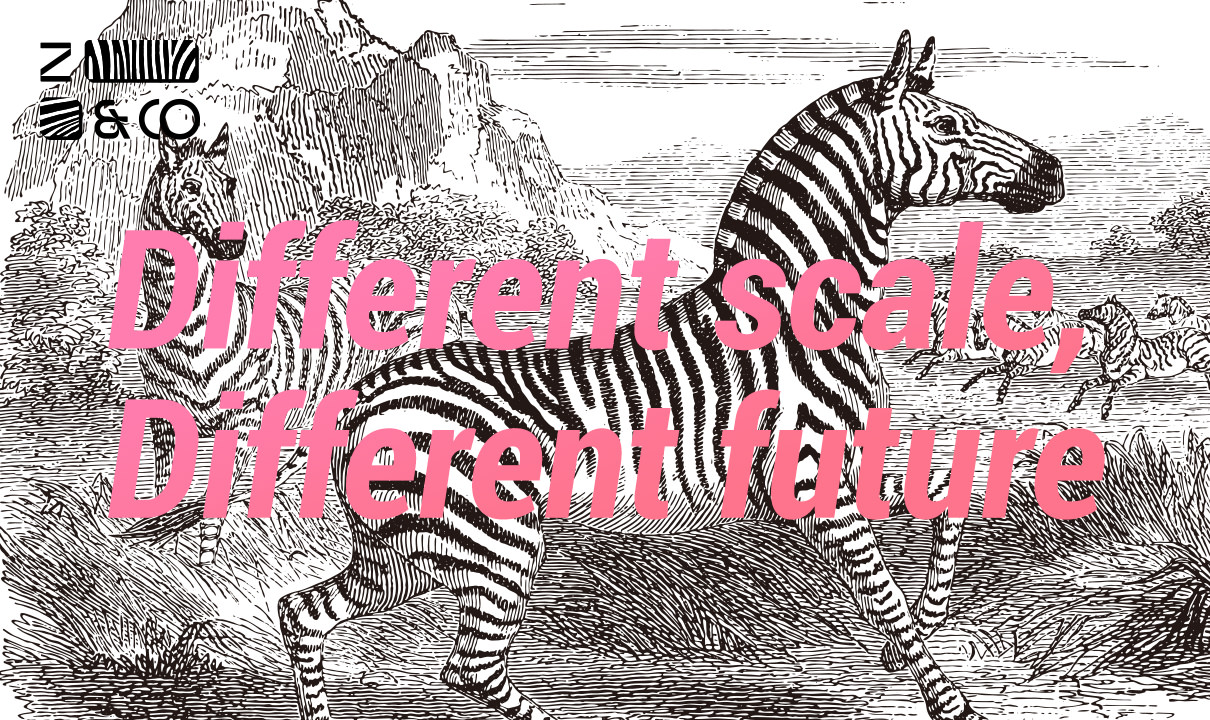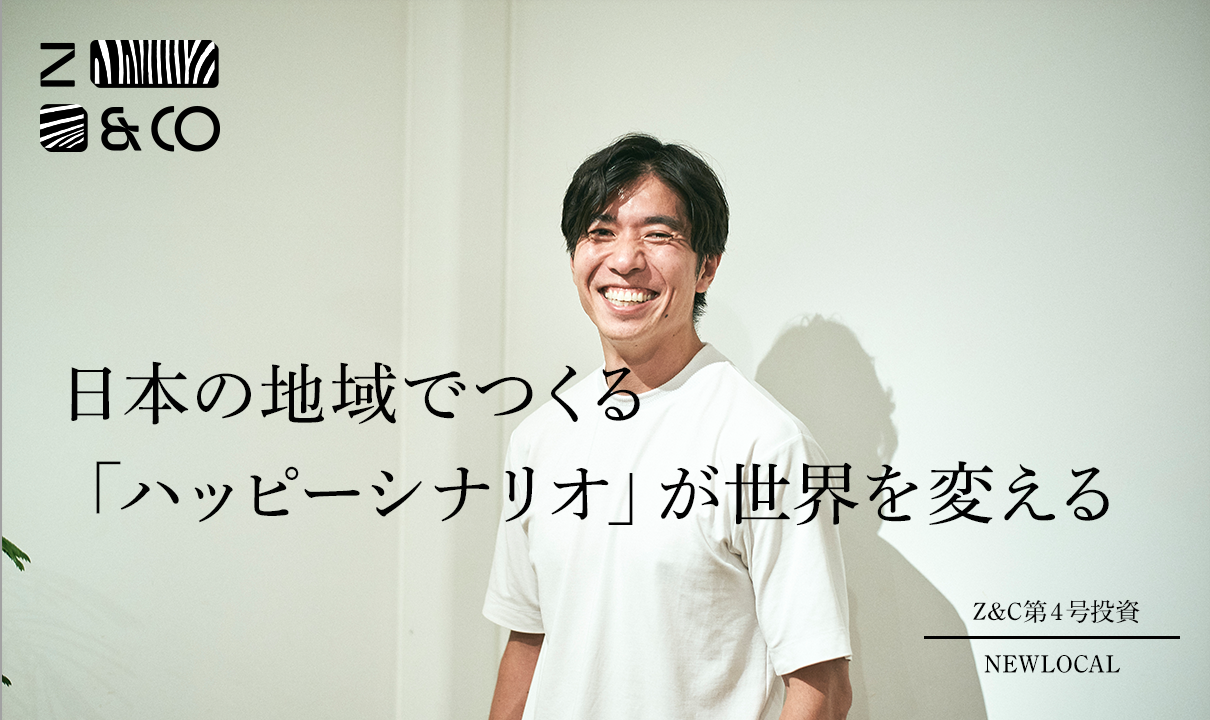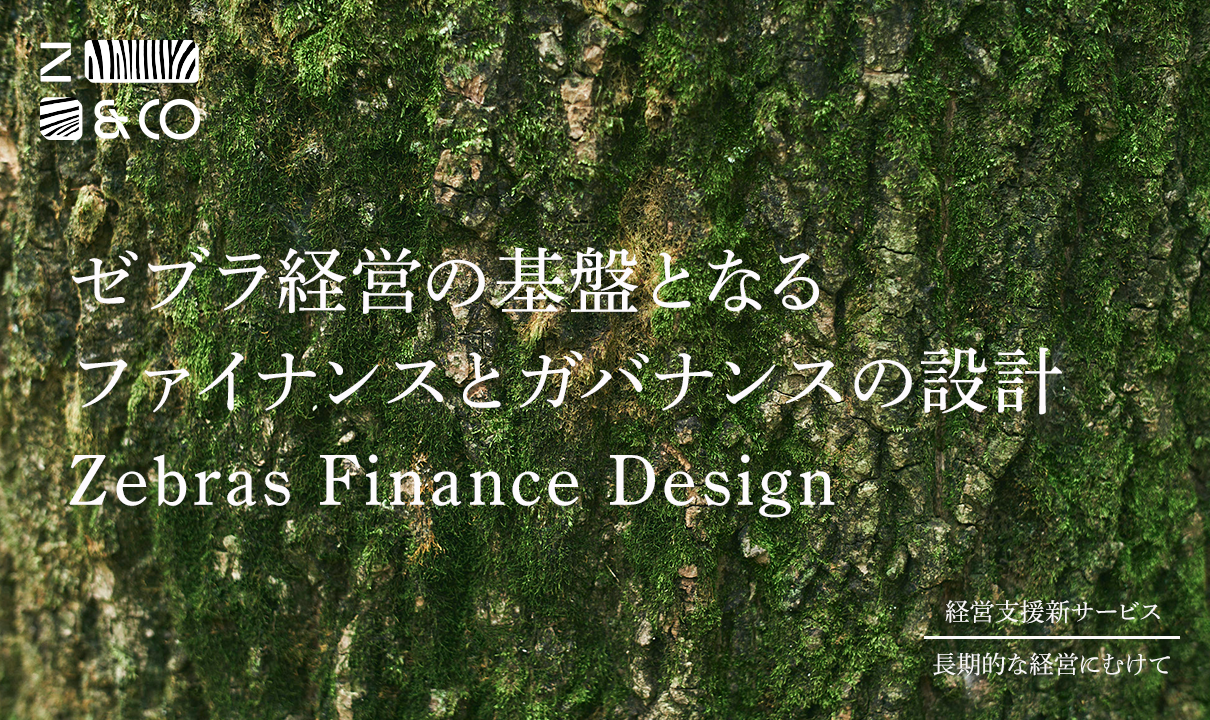
2024.03.13 ZEBRAS
“Creating a Compassionate Flow of Funds: The Thoughtful Financial Plan Behind ‘Gungendo’ in the World Heritage Site, Iwamiginzan”
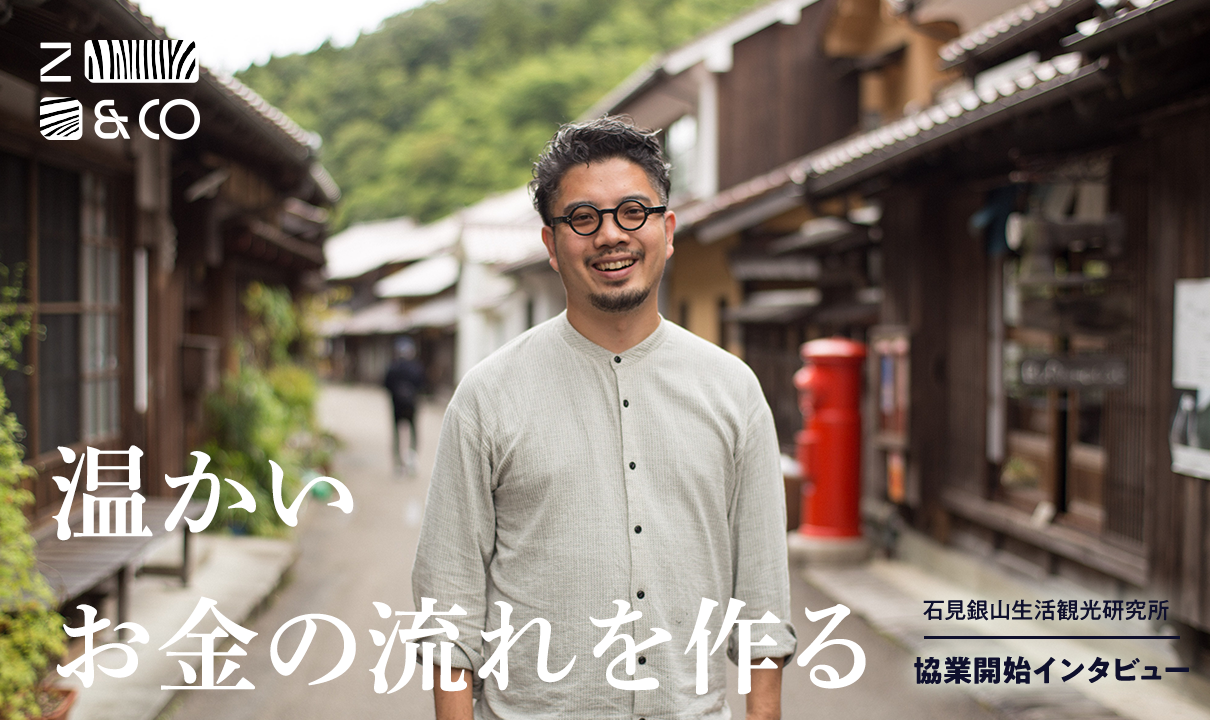
Located at the foot of Shimane Prefecture’s World Heritage Site of Iwamiginzan, is a village of 400 people called Omori. This small village is where Iwamginzan Gungendo is located, a company that focuses on selling clothing made from Japanese textiles and craftsmanship. `
Since its establishment, Gungendo has not only focused on its apparel business but also evolved its brand to encompass products that pertain to the lifestyles of its customers. As a lifestyle brand, the company has created products such as skin care goods to fermented foods using “Umehana Yeast” collected from the plum flowers of Omori. Additionally, they operate restaurants, and an inn called Takyo Abeke, allowing them to gain fans through their business venture providing products that pertain to clothing, food, home, and beauty.
Zebras and Company (hereafter referred to as Z&C) has announced a collaboration with Gungendoo to embark on a cooperative business venture. On this occasion, Mr. Tadashi Matsuba, CEO of GungendooofIwami Ginzan Lifestyle Tourism Research Institute, and Mr. Yoshitaka Tabuchi, Co-Director of Z&C discuss the background of their collaboration and its future outlook.

“Preserving ‘Japanese Craftsmanship’ and ‘The Future of Omori’
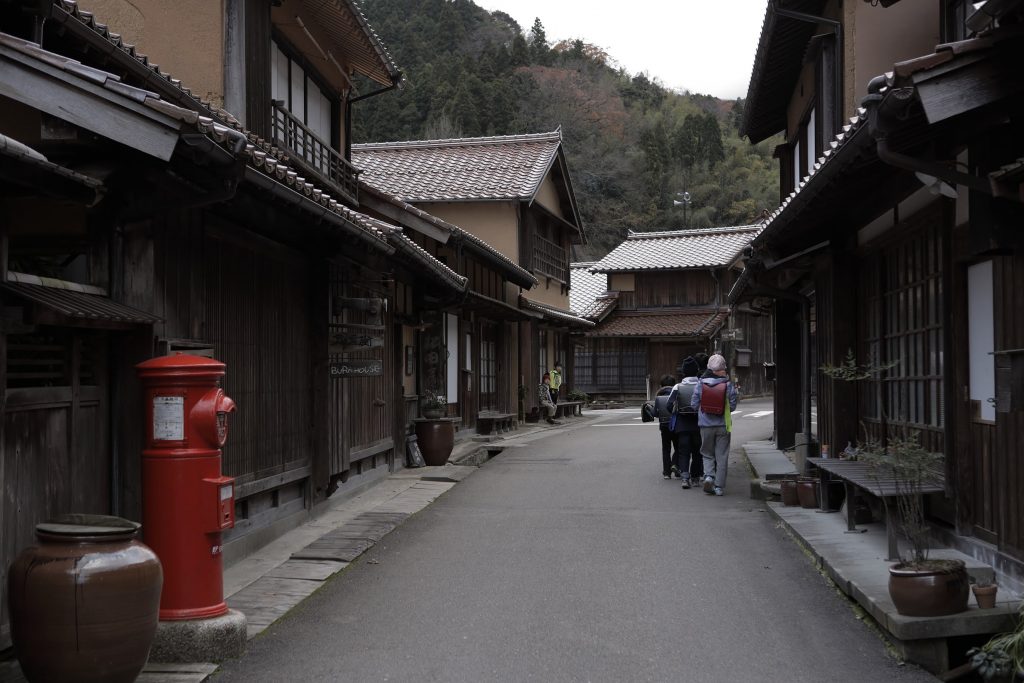
Could you please tell us about the background that led to this collaboration?
Gungendo, Mr. Tadashi Matsuba (hereafter, Matsuba): Gungendo is a company with its root in the village of Omori, Oda City, Shimane Prefecture, where the World Heritage Site, Iwami Ginzan, is located. We engage in manufacturing, retail, and accommodation businesses.30 years after our establishment, we decided to create a holding company to prepare for the future direction and succession of the company by reorganizing how we utilized our capital.
In order to “protect what we want to protect” we needed to maintain our scale, rather than aiming for rapid growth or an IPO like a unicorn company. When I was looking for an appropriate business vision for our company, I met Yoshi and he introduced me to the concept of a zebra company.
What is it that you want to protect?
Matsuba: One thing is ‘Japanese craftsmanship.’ Today in Japan, many manufacturers are forced to close due to the aging of craftsmen and a lack of successors. Manufacturing is not self-contained within one company; in the case of our apparel business, many people are involved, including the textile mills and finishing workshops. If one company disappears, we would have to search for alternatives, and sometimes the product itself cannot be made. Such situations are emerging in various places.
While it’s said that ‘fabrics can be made outside of Japan,’ materials manufactured in Japan are ideal for the high humidity climate lifestyle of our country. Throughout our long history, daily life and craftsmanship have been closely intertwined.
This is precisely the characteristic of the region. I believe it will contribute to the uniqueness and competitiveness of Japan in the future and must not be lost. I hope to continue providing work to Japanese craftsmen as much as possible and become a brand that they can rely on.
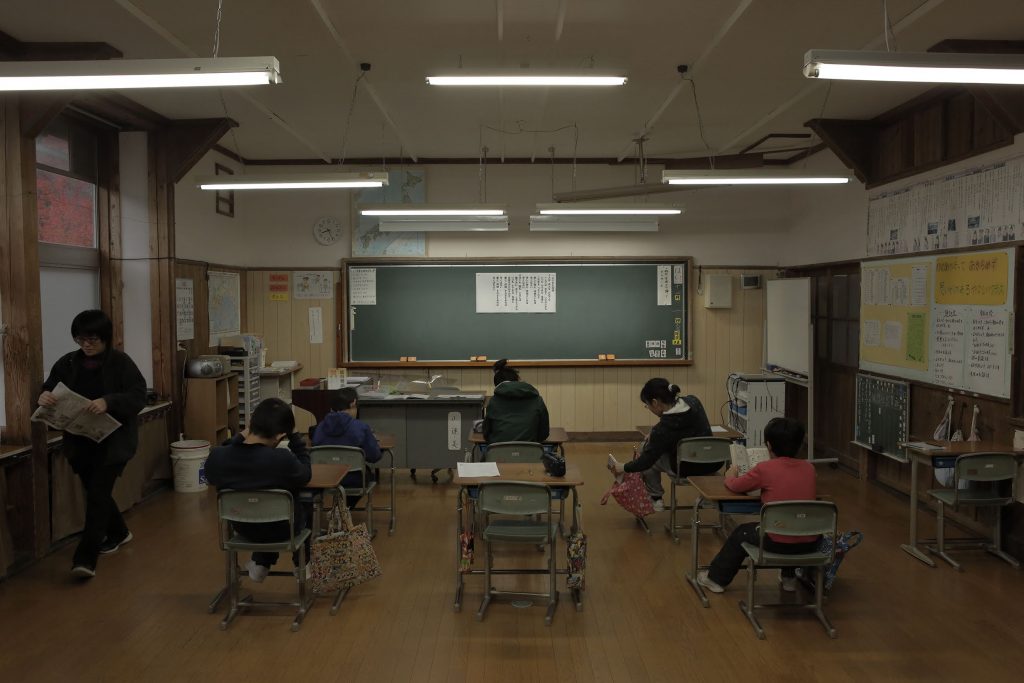
You mentioned that ‘Japanese craftsmanship’ is one thing you want to protect. What is the other?
Matsuba: The other is the ‘future of Omori.’ Omori is designated as a district for repair and preservation projects, with tourism being the main industry. About 15 years ago, a large number of people visited after Iwamiginzan was registered as a World Heritage Site.
However, the flow of people changed from before as local infrastructure for tourism development progressed in response to this. Unfortunately, fewer people started visiting businesses that provided services and products that represented the heritage of the town.
There is a risk of life in the village becoming disrupted as well as a misrecognition of the village’s appeal if we continue to increase the number of tourists. However, if we do not create a sustainable economy based on tourism, the regional economy will not function. As such, we need to think of a business model that efficiently increases revenue within the village without bringing about over-tourism.
Zebras and Company, Mr. Yoshitaka Tabuchi (hereafter, Yoshi): At the same time that Z&C was launched, Gungendo was selected for the Ministry of Economy, Trade and Industry’s ‘Regional and Corporate Symbiosis Business Introduction and Startup Promotion Project.’ Mr.Matsuba approached us to see if we could collaborate on a part of that project.
Even if a plan is made through the Ministry of Economy, Trade and Industry’s project, funding is necessary to maintain the project. We wanted to brainstorm what kind of funding framework was needed to create the company structure and village that Gungendoo envisioned.
Why did you choose Z&C?
Matsuba: When I heard about the concept of a ‘zebra company’ from Yoshi, I felt that the way the company grows and the flow of funds are similar to what we had imagined. The idea was to create a sustainable system rather than aggressively pursuing rapid expansion. It’s just a hunch, but I felt that consultants in sharp suits might not quite grasp this concept (laughs).
Staying within the system of capitalism, but keeping one foot outside to keep alternatives in sight, Z&C’s acceptance of a certain level of ambiguity resonated with the thinking behind our brand. I thought with the help of Z&C, we would be able to work together on this project while working within similar values.
Increasing the QOL of residence and enriching the tourist experience of Omori through an ‘Integrated Approach to Community-Oriented Management”
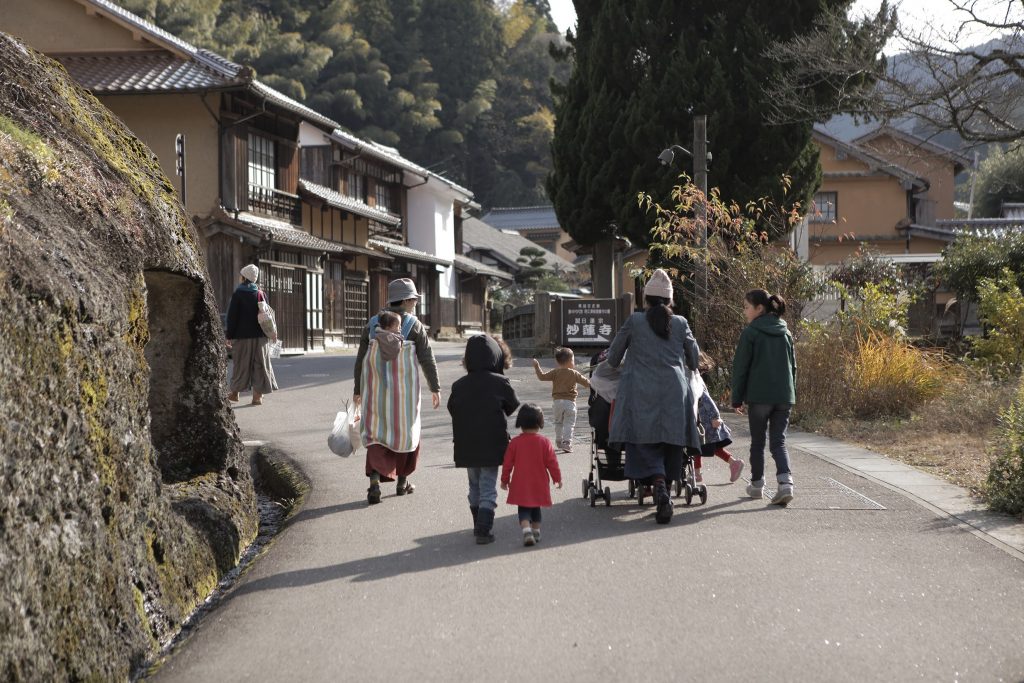
Could you please tell us about the specific details of this collaboration?
Matsuba: This collaboration focuses on what I mentioned earlier about the future of Omori. The theme of our initiative is ‘ an integrated approach to community-oriented management.’ It envisions changing the model from where each company and business owner individually generate revenue, to one where profits are distributed by collectively engaging in product development and service provision.
Specifically, we are considering introducing a free pass for touring the town, allowing access to facilities, as well as the use of rental bikes and buses with a single ticket. If it goes well, it could reduce stress for tourists and potentially increase revenue for each business in the village.
It’s an initiative that benefits both tourists and local businesses
Matsuba: Additionally, we are also working on the effective use of vacant houses in the village. Currently, there are nearly 80 vacant houses in Omori. By renovating them, we aim to make the village more accommodating for stays and visits. In Italy, there’s a concept called ‘Albergo Diffuso,’ where the entire town is likened to a hotel, and visitors can explore various facilities during their stay. We want to create a similar system here.
(Albergo Diffuso: Italian for ‘scattered hotel.’ It’s a concept where vacant houses scattered around a town are renovated, and the functions like reception, guest rooms, and dining are distributed, turning the entire town into a single hotel.)
If the free pass program and the revitalization of old houses are successful, we can provide fulfilling services to those who visit Omori and offer it as a potential destination for relocation or a base for multi-location living for those who grow fond of the village. This should contribute to the town’s sustainability.
However, the goal of this initiative is not to enhance business value for eventual sale, or about selling or resetting our place of residence. That’s why I believe it’s important to proceed with individuals who resonate with our way of thinking and worldview while building long-term relationships, such as with Z&C.
Finance for Purpose
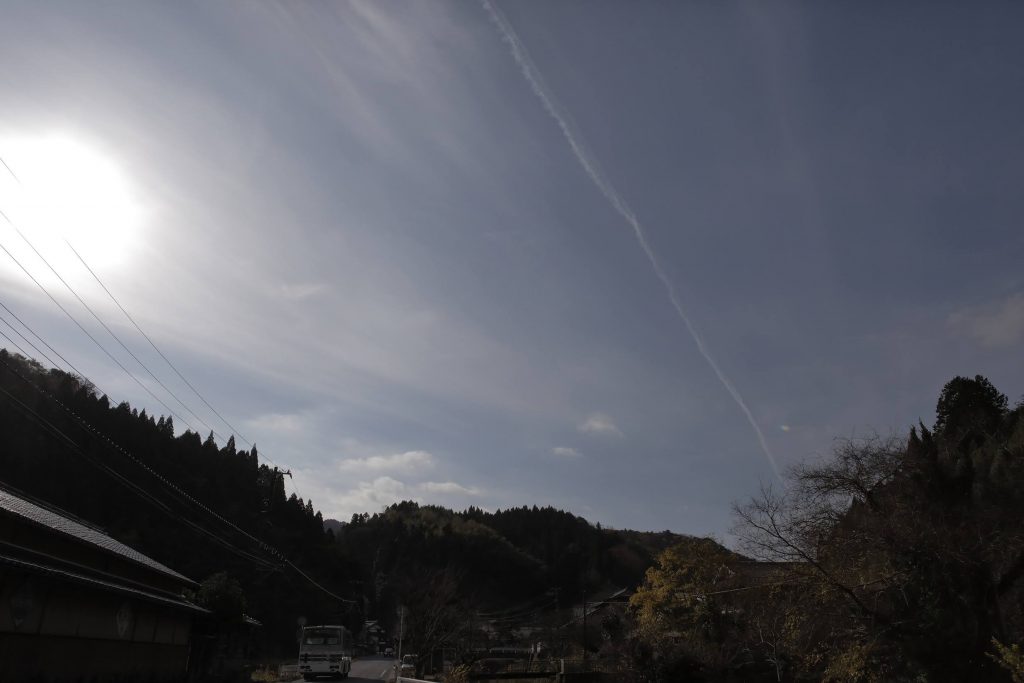
What are your expectations from Z&C, Mr. Matsuba?
Matsuba: I’d like to create a flow of ‘compassionate money’ together. While money itself doesn’t have a color, I believe it carries intent and emotion. I think it would be great if we could create a model where such sentiments circulate through money as a medium.
Yoshi: The expression ‘compassionate money’ is wonderful. Indeed, there are variations in funding, and as you mentioned, where each provider’s intentions and expectations are embedded.
For example, venture capital investments come with expectations of rapid growth and multiple returns, while bank loans come with the expectation of a steady return of interest. On the other hand, donations and grants often carry the sentiment of wanting to solve societal challenges more than expecting a financial return.
However, many business owners are not aware that there are different types of funding and that each comes with its own set of expectations. As a result, actions like starting a business and immediately seeking investment from a VC are often taken.
Therefore, Z&C aims to bridge the gap between fund providers and business owners, aligning the purpose of the business with the expectations of the funding. This collaboration is precisely that. We have named this support initiative ‘Finance for Purpose’ and will continue it in the future.Therefore, Z&C aims to bridge the gap between fund providers and business owners, aligning the purpose of the business with the expectations of the funding. This collaboration is precisely that. We have named this support initiative ‘Finance for Purpose’ and will continue it in the future.
What specific types of funding do you think might be available?
Yoshi: We’re still in the conceptual stage, listening to Gungendo’s story, so there may be changes. However, it seems unlikely that venture capital would be the route since Gungendo is not aiming for an IPO.
In that case, funds will likely be collected through the resonance with Gungendo’s vision and the worldview that Omorien visions. For example, funds could be raised through crowdfunding or investment from private companies that share this vision. This project could still offer a certain level of return, so bank loans might also be considered as it’s not a charitable endeavor.
Additionally, it might be a challenge for us, but there’s also the potential for international foundations, business entities, and impact investors who appreciate the culture and traditions of Omori Town to become involved.
Sustainable Development is a Lifestyle that Harnesses ‘What Already Exists’
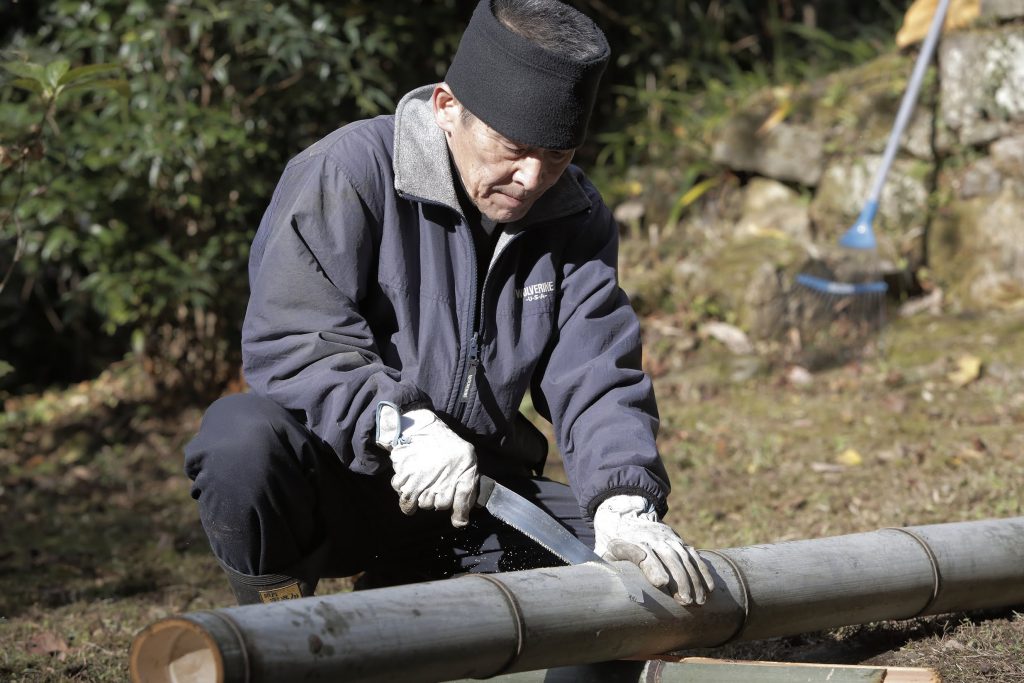
Matsuba: Considering international perspectives is a very good idea. In fact, Omori has hosted an international conference on Education for Sustainable Development (ESD) organized by UNESCO. Two years ago, education leaders from eight countries, primarily in Asia, gathered to observe Omori’s initiatives in education to incorporate them into their respective national education policies.
Matsuba: When some of the attendees first came to Omori, they may have had an image of education for sustainable development being related to cutting-edge technology. However, during their stay, their perspective changed completely. In the recommendations, it was mentioned that ‘sustainable development means not creating new things, but living by harnessing what already exists.’ It was an event that made me realize how significant Omori is for the future of humanity and the planet.
We hope that we can work together with Z&C to create initiatives that are not limited to just the local scale but also connect with the world. We look forward to your broad and objective perspectives and high vantage points, leading to breakthroughs in our endeavors.
Finally, can you describe what you look forward to through this collaboration??
Matsuba: The concept of fundraising was completely foreign to me in my life before getting involved with Z&C. I never imagined I would be discussing something like this so seriously.
I’m sure there are business owners across Japan who are in similar situations. I would be happy if this collaboration could bring hope and possibilities to such individuals.
Yoshi: That’s absolutely true. Z&C’s concept is ‘Different scale, Different future,’ and this collaboration is truly a model case of that. We want to dispel preconceived notions and biases about fundraising and corporate growth and turn this into a successful case.
We hope to build a long-lasting relationship with Gungendo, one that extends beyond this initiative. We look forward to continue working with you, your company, and the village of Omori. Thank you!
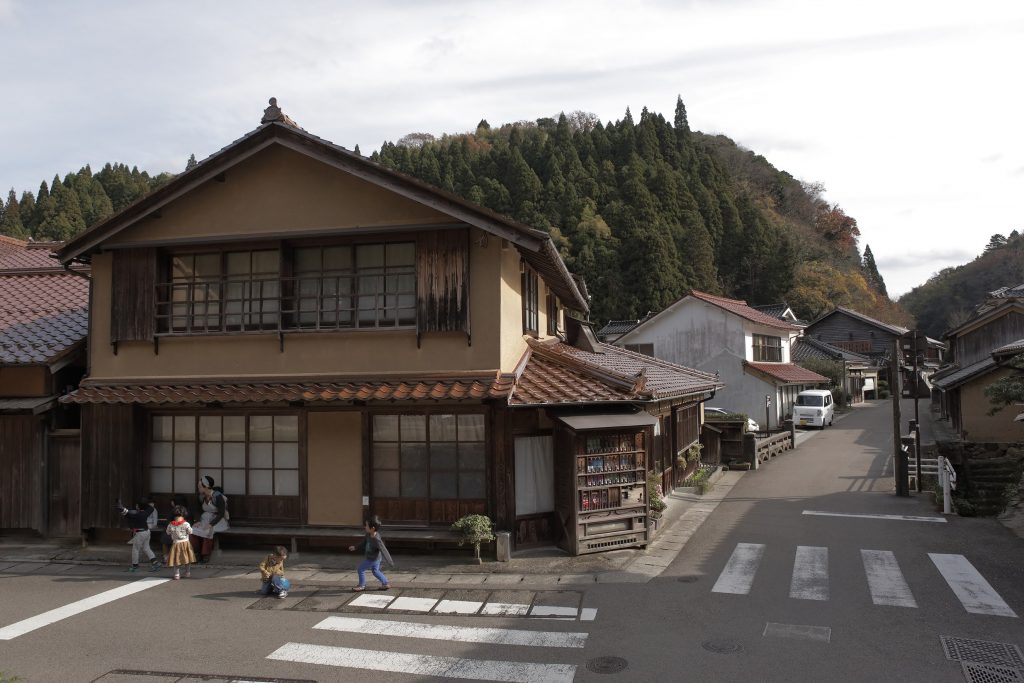

PROFILE
Fumiaki Sato
編集者・ライター・ファシリテーター。「人と組織の変容」を専門領域として、インタビューの企画・執筆・編集、オウンドメディアの立ち上げ、社内報の作成、ワークショップの開催を行う。趣味はキャンプとサウナとお笑い。
